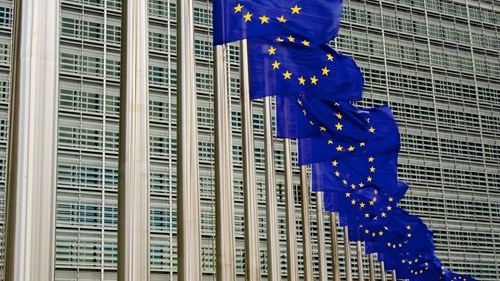Mergermarket M&A and Private Equity Forum
The conditions for a successful M&A year in Europe and in Germany are at present very favourable. Companies with cash reserves and a strong PE industry could result in merger fever. “Risk-taking on the part of purchasers and reasonable price expectations on the part of sellers could be crucial” is the assessment of Dr. Thomas Schulz, partner of the law firm Noerr LLP, at this year’s “Mergermarket German M&A and Private Equity Forum” in Düsseldorf.
The expectations of a lively market are, on the one hand, justifiably high. “There is at present a trend towards major transactions”, said Schulz, who chaired the event organized jointly by Mergermarket and Noerr. Schulz brought to mind the sale of Vodafone’s 45% in Verizon Wireless to the parent company Verizon for USD 130 billion, the subsequent purchase of Kabel Deutschland by Vodafone and the acquisition of the East European broadband provider GTS by Deutsche Telekom. While the number of M&A deals overall is lower, the volume of the transactions has increased.
“The markets in the US and Asia have, however, so far been the drivers”, emphasized Schulz. In particular, the consolidation in industries such as telecommunication is responsible for this. The chances, however, that the trend also spreads to the European and German M&A market are good. “The groups have accumulated a lot of cash since the financial crisis and some of them have already given notice that they wish to invest more strongly in growth by mergers and takeovers”, said Schulz. However, the success depends on whether the traditional reserve of European groups which regard to acquisitions can be overcome. “And not least, sellers cannot expect exaggerated prices”.
Private equity could also contribute strongly to the success of the M&A year 2014. “In particular, American funds are well positioned”, said Schulz. Investors must, however, have patience because there is no low-hanging fruit. They must be increasingly willing to further develop the business model of the target company or to expand into new markets. The outlook for 2014 is therefore good even though increased regulation and crises such as that in the Ukraine contribute to uncertainty.
The German market for real estate and distressed M&A is, on the other hand, already very healthy today. “In 2013 and already at the beginning of 2014, the largest transactions for years in the real estate industry have already taken place”, emphasized Schulz. Included are the takeover of GBW by a consortium led by PATRIZIA Immobilien AG (volume EUR 2.5 billion) and the acquisition of 41,000 residential units of the Vitus group (EUR 1.4 billion) and DeWAG (EUR 970 million) by Deutsche Annington.
On the merger market panel, Prof. Dr. Christian Pleister, co-head of Noerr’s Corporate Department, and Henry Jackson, managing partner and CEO of OpCapita discussed the major part played by distressed M&A today for investors. “The new German insolvency law ESUG has provided investors with great new opportunities to participate more actively in the restructuring of companies in crisis and insolvency”, emphasized Pleister. Under the ESUG, some restructurings have already been successfully concluded thereby establishing the standards, for example in the case of Pfleiderer or the rescue of the solar company centrotherm. The successful restructuring of the A.T.U group also demonstrates the increasing significance of debt funds in the restructuring process.











